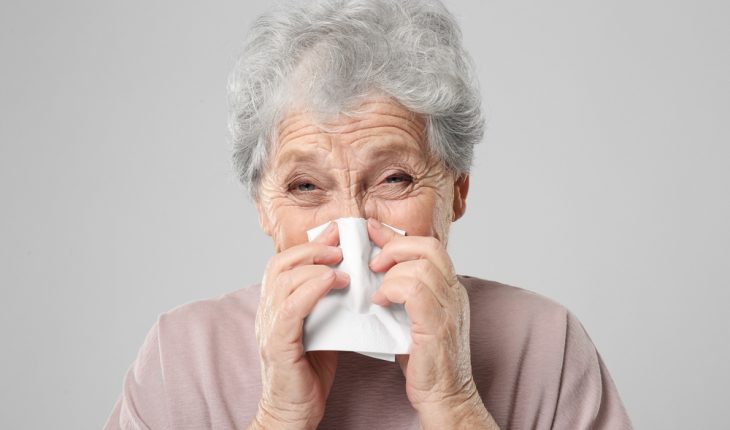While flu seasons can vary in severity, during most seasons, people 65 years and older bear the greatest burden of severe flu disease
- In recent years, it’s estimated that between 71 percent and 85 percent of seasonal flu-related deaths have occurred in people 65 years and older
- Between 54 percent and 70 percent of seasonal flu-related hospitalizations have occurred among people in that age group.
It has been recognized for many years that people 65 years and older are at greater risk of serious complications from the flu compared with young, healthy adults because human immune defenses become weaker with age. The flu can make existing health conditions worse and is especially dangerous for people with chronic health conditions, like heart disease and diabetes. Seniors with these conditions are more likely to develop complications from the flu that can result in hospitalization and even death.
According to the CDC here are actions to take this flu season:
- Get Your Flu Shot
- The best way to prevent the flu is with a flu shot. CDC recommends that everyone 6 months of age and older get a seasonal flu vaccine each year by the end of October if possible. However, as long as flu viruses are circulating, vaccination should continue throughout flu season, even in January or later.
- There are two vaccines designed specifically for people 65 and older:
- The “high dose vaccine” is designed specifically for people 65 and older and contains 4 times the amount of antigen as the regular flu shot. It is associated with a stronger immune response following vaccination (higher antibody production).
- The adjuvanted flu vaccine, Fluad, is made with MF59 adjuvant, which is designed to help create a stronger immune response to vaccination.
Note: It is advised people 65 years of age and older should not get the nasal spray flu vaccine, the intradermal flu shot, or jet injector flu vaccine.
We encourage all seniors to consult with their physicians about getting a flu shot this year.

